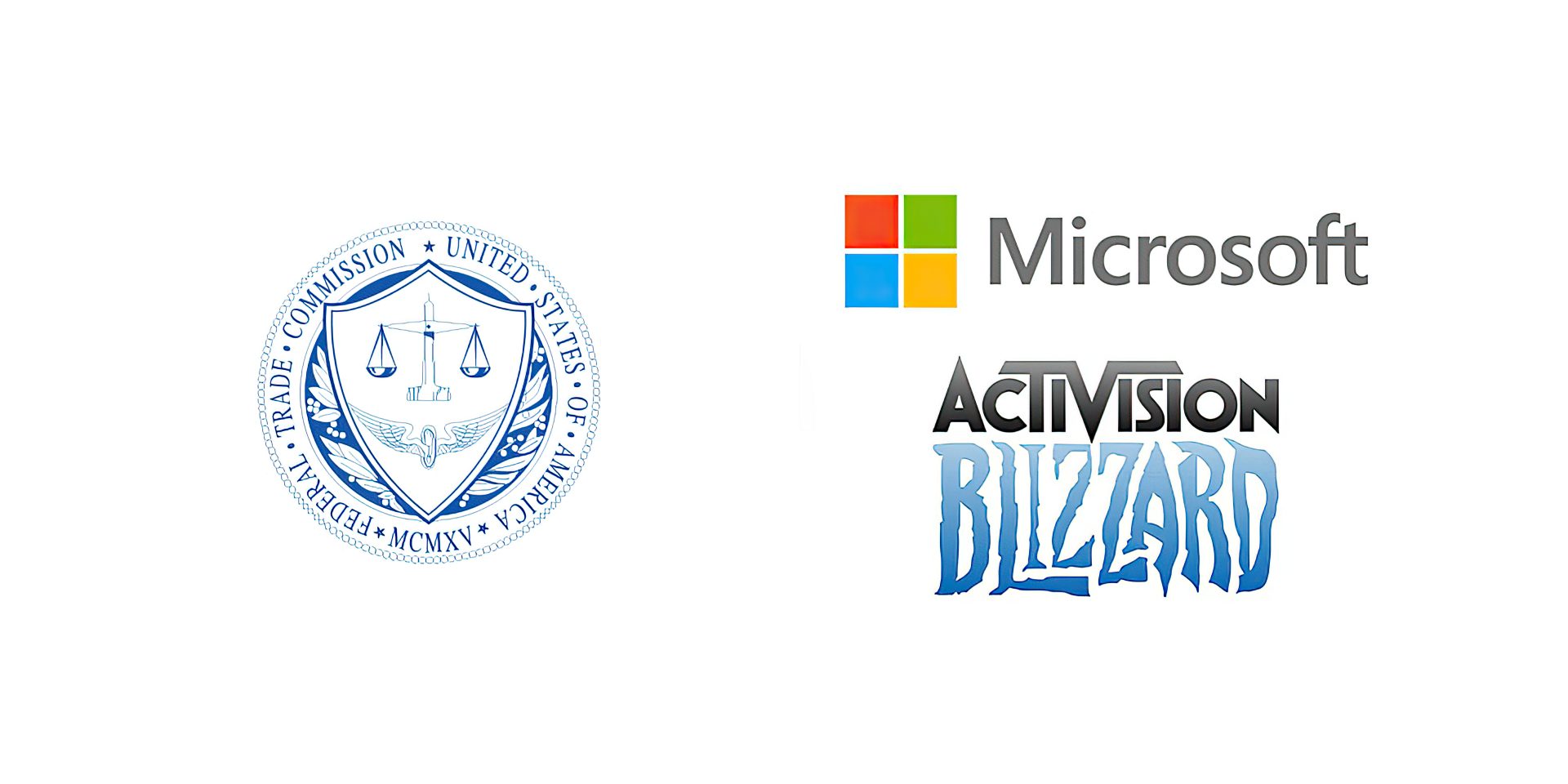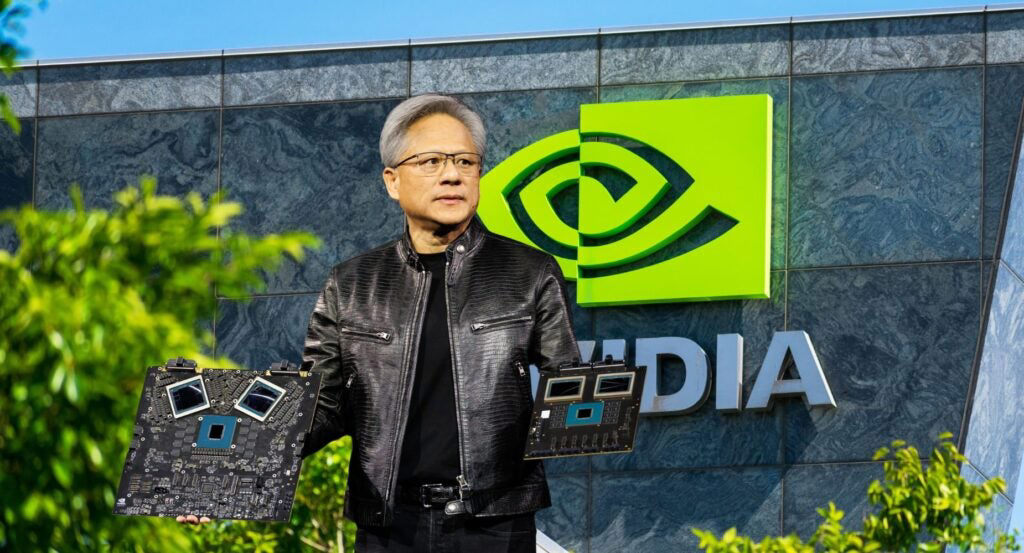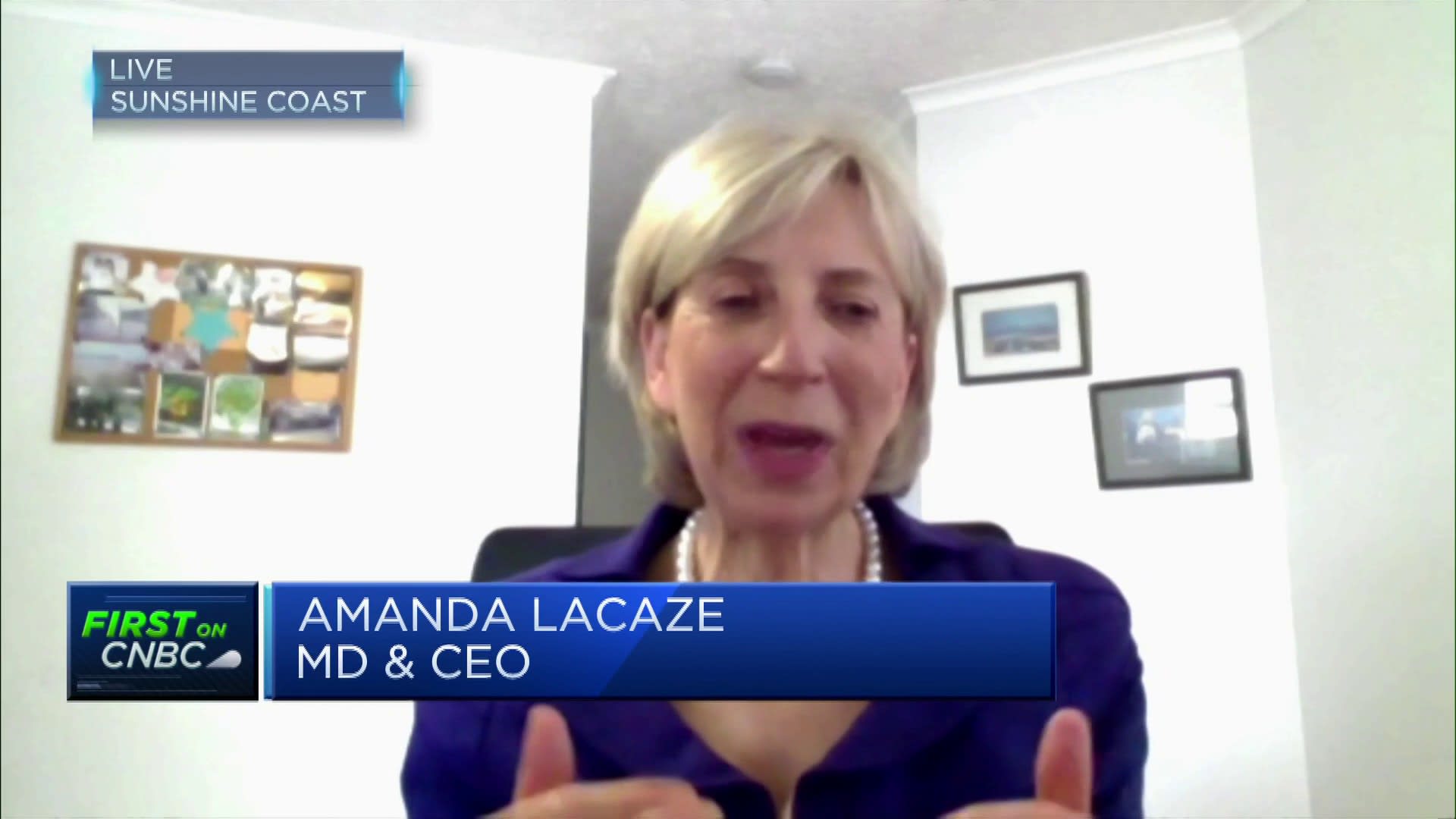Microsoft-Activision Deal: FTC Files Appeal Against Court Decision

Table of Contents
The FTC's Initial Concerns and Lawsuit
The FTC's initial lawsuit against the Microsoft-Activision deal stemmed from concerns about potential anti-competitive practices. The regulatory body argued that the merger would grant Microsoft an unfair level of control over the gaming market, particularly given Activision Blizzard's immensely popular franchises.
- Anti-competitive practices: The FTC worried that Microsoft could leverage its ownership of Activision Blizzard to stifle competition, potentially harming consumers.
- Unfair market dominance: The acquisition raised concerns about Microsoft gaining an unfair advantage, especially regarding the exclusivity of key titles like Call of Duty, World of Warcraft, and Candy Crush. The FTC argued this could damage competitors and limit consumer choice.
- Impact on consumers and competition: Restricting access to popular games or raising prices were key concerns highlighted in the initial lawsuit. The FTC argued this would negatively impact the gaming market's overall health and competitiveness.
- Specific game titles and franchises: The FTC specifically pointed to the potential for Microsoft to make Call of Duty exclusive to its Xbox ecosystem, harming players on PlayStation and other platforms.
The Court's Decision and Rationale
Despite the FTC's concerns, a court initially ruled in favor of the Microsoft-Activision merger, allowing it to proceed. The judge's reasoning centered on the belief that Microsoft wouldn't gain an insurmountable level of control over the gaming market.
- Summary of the judge's reasoning: The court found that Microsoft's arguments regarding maintaining Call of Duty on PlayStation were credible, mitigating the risk of anti-competitive practices.
- Key evidence presented by Microsoft and Activision Blizzard: Microsoft presented evidence outlining its plans to continue releasing Call of Duty on PlayStation, even after the merger was complete. Activision Blizzard also highlighted the success of its games across multiple platforms.
- Dissenting opinions or significant points of contention: While the ruling was in Microsoft's favor, some legal experts raised concerns about the court's interpretation of market dominance and the potential long-term effects of the merger.
The FTC's Appeal: Key Arguments and Strategies
The FTC's appeal signals a continued belief that the merger poses significant risks to competition. Their appeal likely focuses on refining their initial arguments and potentially presenting new evidence.
- Specific legal arguments: The FTC is likely to bolster their case by focusing on specific clauses of antitrust laws and highlighting any flaws in the initial court's assessment of market dynamics.
- New evidence presented (if any): The appeal might include new data or insights regarding Microsoft’s market share, future plans, or competitor analysis to support their claims.
- Potential impact on the appeal process: The appeal process could be lengthy and complex, potentially delaying or even blocking the completion of the Microsoft-Activision deal permanently.
Potential Outcomes and Implications of the Appeal
The FTC's appeal leaves the future of the Microsoft-Activision deal uncertain, with several possible outcomes and significant implications.
- Scenario 1: The appeal is successful, and the merger is blocked: This would be a major victory for the FTC and could set a significant precedent for future mergers and acquisitions in the gaming industry. It would also likely impact Microsoft's stock price negatively.
- Scenario 2: The appeal is unsuccessful, and the merger proceeds: This would likely lead to increased scrutiny of Microsoft's practices and a heightened focus on maintaining competition within the gaming market. It could also embolden other tech giants to pursue major acquisitions.
- Impact on Microsoft's stock price: The outcome of the appeal will undoubtedly have a major impact on Microsoft's stock value, with a successful appeal leading to a potential drop.
- Implications for other potential mergers and acquisitions in the gaming industry: The outcome of this case will influence the landscape of future mergers and acquisitions in the tech and gaming industries, potentially discouraging or altering strategies for large-scale deals.
Wider Industry Response and Public Opinion
The Microsoft-Activision deal and subsequent FTC appeal have sparked widespread debate amongst industry players, analysts, and consumers.
- Statements from competitors like Sony: Sony, a major competitor, has expressed strong concerns about the potential impact of the merger on the gaming market.
- Public sentiment toward the merger: Public opinion is divided, with some gamers concerned about potential price hikes and exclusive content, while others see the merger as a positive development for the industry.
- Impact on the future of game development and distribution: The outcome will significantly shape the future of game development, distribution, and pricing models for years to come.
Conclusion: The Future of the Microsoft-Activision Deal Remains Uncertain
The FTC's appeal against the Microsoft-Activision deal introduces significant uncertainty. The outcome will have far-reaching consequences for the gaming industry, influencing competition, pricing, and the availability of popular titles. This legal battle underscores the ongoing debate about competition and market dominance in the tech sector. Stay tuned for further updates on this evolving situation concerning the Microsoft-Activision deal. Follow our website for the latest developments and analysis of this crucial merger. Understanding the implications of the Microsoft-Activision deal is key for anyone following the gaming industry.

Featured Posts
-
 Exclusive Technology Huaweis New Ai Chip Aims To Disrupt The Nvidia Monopoly
Apr 29, 2025
Exclusive Technology Huaweis New Ai Chip Aims To Disrupt The Nvidia Monopoly
Apr 29, 2025 -
 Lynas Rare Earths Seeks Us Aid For Texas Refinery Amid Rising Costs
Apr 29, 2025
Lynas Rare Earths Seeks Us Aid For Texas Refinery Amid Rising Costs
Apr 29, 2025 -
 Wrong Way Crash On Minnesota North Dakota Border Kills Texas Driver
Apr 29, 2025
Wrong Way Crash On Minnesota North Dakota Border Kills Texas Driver
Apr 29, 2025 -
 Minnesota Governor Under Fire Attorney Generals Transgender Sports Ban Directive
Apr 29, 2025
Minnesota Governor Under Fire Attorney Generals Transgender Sports Ban Directive
Apr 29, 2025 -
 Us Aid Sought By Lynas Rare Earths For Texas Refinery Due To Increased Costs
Apr 29, 2025
Us Aid Sought By Lynas Rare Earths For Texas Refinery Due To Increased Costs
Apr 29, 2025
Latest Posts
-
 Teen Guilty Of Murder In Rock Throwing Incident
Apr 29, 2025
Teen Guilty Of Murder In Rock Throwing Incident
Apr 29, 2025 -
 Murder Conviction After Deadly Teen Rock Throwing Incident
Apr 29, 2025
Murder Conviction After Deadly Teen Rock Throwing Incident
Apr 29, 2025 -
 Fatal Rock Throwing Teen Receives Murder Conviction
Apr 29, 2025
Fatal Rock Throwing Teen Receives Murder Conviction
Apr 29, 2025 -
 Rock Throwing Game Turns Deadly Teen Convicted Of Murder
Apr 29, 2025
Rock Throwing Game Turns Deadly Teen Convicted Of Murder
Apr 29, 2025 -
 Teens Rock Throwing Spree Ends In Murder Conviction
Apr 29, 2025
Teens Rock Throwing Spree Ends In Murder Conviction
Apr 29, 2025
